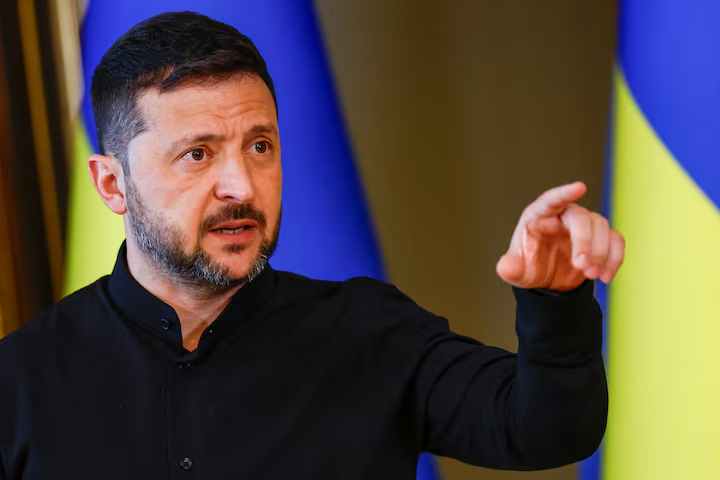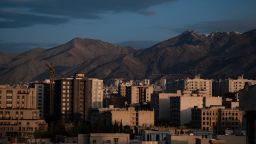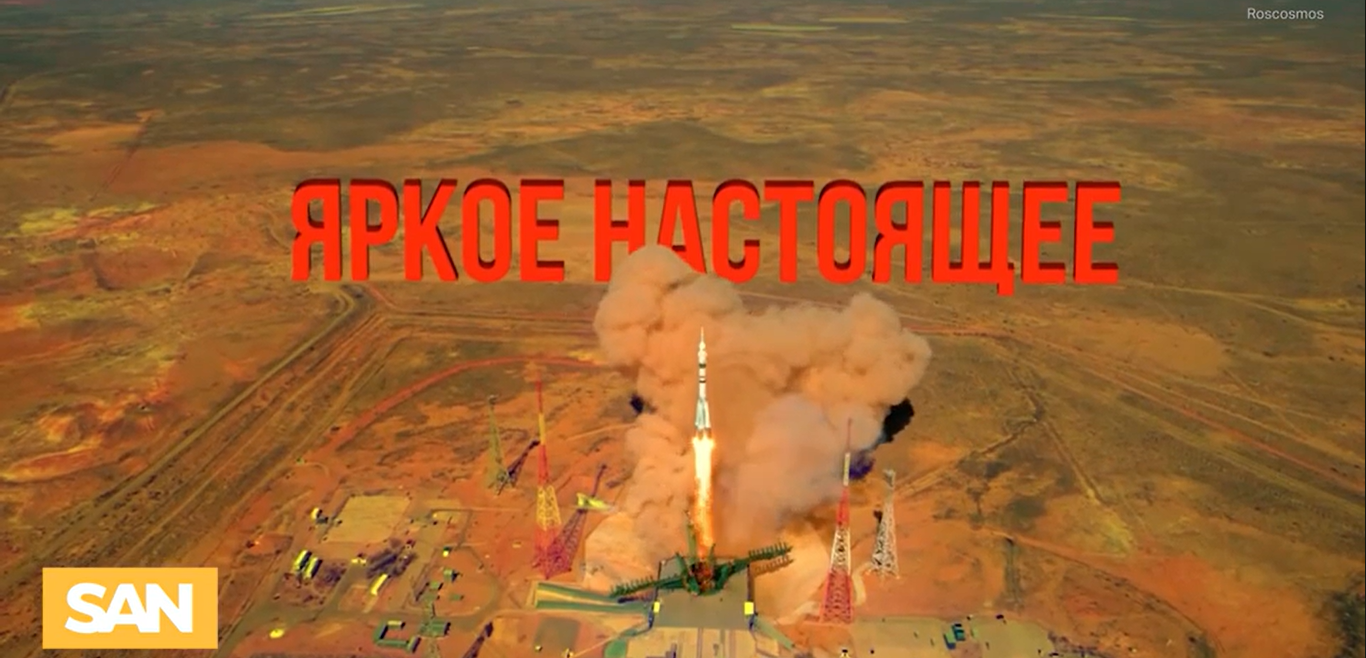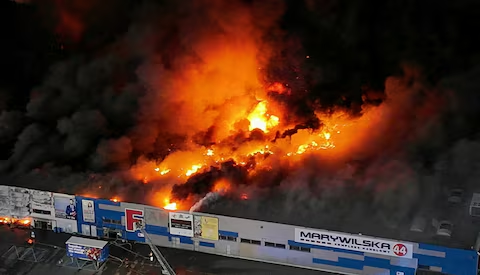Ukrainian President Volodymyr Zelensky on Tuesday suggested a temporary ceasefire in the war with Russia, proposing that hostilities pause until a direct meeting with Russian President Vladimir Putin can be arranged. The proposal marks a significant shift in Ukraine’s wartime diplomacy and raises the possibility of renewed negotiations between the two countries after over two years of intense conflict.
Speaking at a news conference in Kyiv, Zelensky stated that Ukraine is prepared to consider “a truce or temporary pause in fighting” as a confidence-building step toward high-level talks. He emphasized that the proposed ceasefire would not represent a formal end to the war or recognition of Russian control over occupied territories but rather a necessary measure to “create the conditions for a constructive dialogue.”
“We need a meaningful conversation, and that requires a reduction in violence,” Zelensky said. “If a meeting with President Putin can help bring that about, then we must explore that path.”
The Ukrainian president’s remarks come amid increasing international pressure to de-escalate the war, which has claimed hundreds of thousands of lives and devastated infrastructure across Ukraine. While battlefield dynamics remain fluid, recent reports suggest that neither side has achieved a decisive breakthrough in recent months, with frontlines largely stalled despite continued drone strikes, artillery fire, and missile attacks.
Zelensky’s call for a truce is likely to draw mixed reactions within Ukraine, where public opinion remains largely resistant to any negotiations perceived as concessions to Russia. Nationalist groups and war veterans have expressed concerns that a ceasefire could be exploited by Moscow to regroup militarily. However, some analysts argue that Zelensky’s proposal could appeal to war-weary citizens and international partners seeking a path toward resolution.
The Kremlin has not officially responded to the offer, but Russian officials have previously expressed skepticism about Zelensky’s willingness to negotiate. Moscow maintains its demand that Ukraine recognize Russia’s sovereignty over Crimea and four other territories it claims to have annexed since 2022. Ukraine has repeatedly rejected these demands, insisting on the restoration of its territorial integrity.
Kremlin spokesman Dmitry Peskov said on Tuesday that while Russia “welcomes any serious diplomatic initiative,” it has not received a formal proposal for talks or a truce from Ukraine. He reiterated that any negotiations must reflect “the new realities on the ground.”
Zelensky’s proposal comes just weeks before a major international summit on Ukraine’s peace plan is set to take place in Switzerland. While Russia has not been invited to that gathering, Ukrainian officials hope that it will help solidify global support for a diplomatic solution and encourage eventual direct negotiations with Moscow.
Western leaders, including those from the United States and European Union, have so far backed Ukraine’s right to decide the terms of any negotiations. Some officials have privately acknowledged that sustained military aid is becoming politically difficult to maintain without clear progress on the battlefield.
The timing of Zelensky’s suggestion also aligns with growing concerns over the war’s economic impact, energy disruptions, and refugee crises that continue to affect neighboring countries and global markets. Ukrainian officials say a ceasefire could allow humanitarian corridors to be opened and damaged infrastructure to be repaired temporarily, easing civilian suffering.
However, skeptics warn that previous attempts at ceasefires during the war—such as those in Mariupol and Donbas—have been short-lived or violated quickly by Russian forces. Whether a broader truce can hold remains uncertain without robust monitoring and enforcement mechanisms.
If a direct meeting between Zelensky and Putin were to be arranged, it would be the first since the war began in February 2022. Previous diplomatic contacts have involved lower-level mediators or third-party facilitators, such as Turkey and the United Nations.
For now, Zelensky’s truce offer represents a cautious opening—an attempt to balance domestic political pressures with international expectations. Whether Russia reciprocates or dismisses the proposal could determine the course of the war in the months ahead.
Source; Reuters



